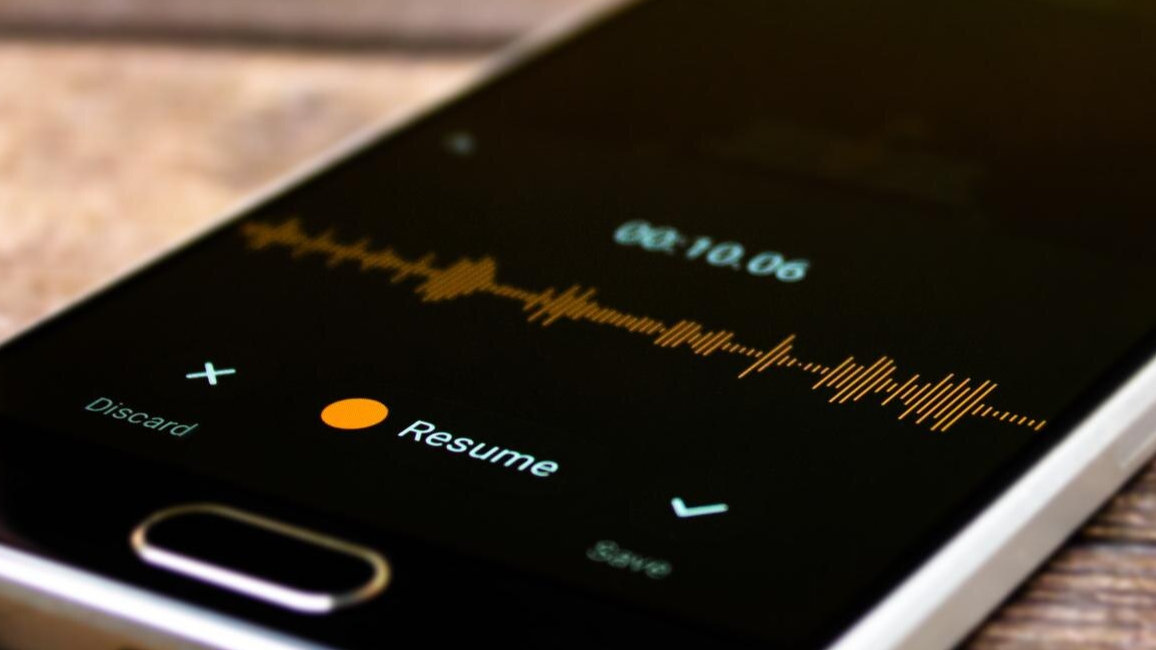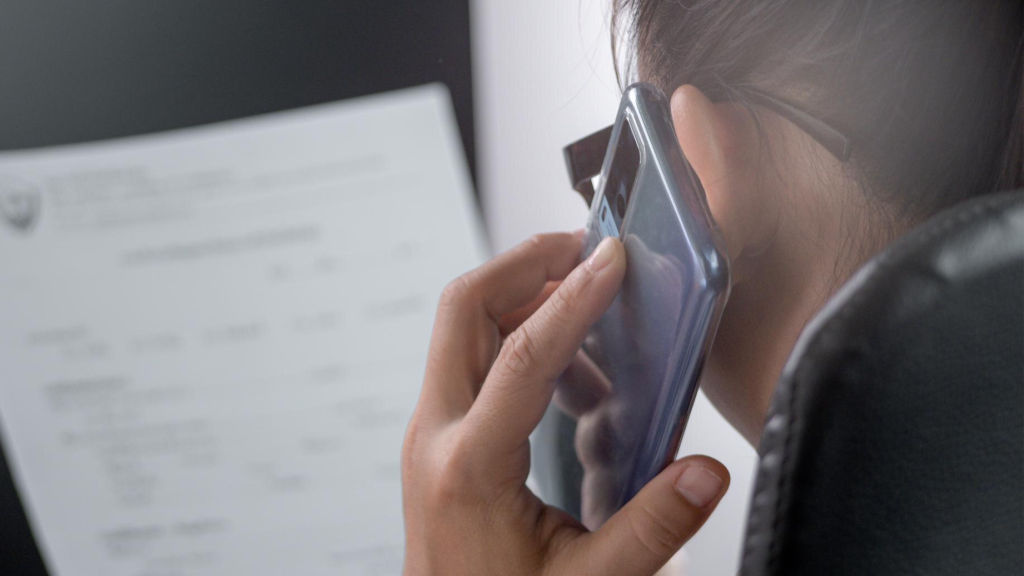Microsoft Teams has become a daily fixture in modern communication. From internal check-ins to managing critical client calls, Teams Phone is rapidly replacing traditional desk phones for many companies, especially with the rise of remote and hybrid work. But with this shift comes a big question:
How do you record Microsoft Teams calls correctly, especially for compliance?
If your industry has compliance requirements (and most do), you need to record Teams calls the right way—quickly, securely, and legally. And that’s where we come in.
In this guide, we’ll break down:
- Why compliant call recording is so important (especially now)
- What additional features and capabilities do you actually need to record Microsoft Teams calls properly
- Where native Microsoft Teams recording falls short
- How to bridge the gap with TeamMate’s compliant Teams PSTN call recording solution
Ready to protect your business, meet regulations, and add value for your clients? Let’s dive in.
Why Call Recording Compliance Matters More Than Ever

If you’re in finance, healthcare, or legal, you’re not just encouraged to record Teams calls—you’re often legally obligated to do so by several regulatory frameworks, like:
- GDPR (EU) – Requires clear consent, data minimization, and secure storage of personal data.
- HIPAA (USA) – Healthcare providers must safeguard Protected Health Information (PHI), including any verbal exchanges that include health info.
- FINRA/SOX/SEC (USA) – Financial institutions must log, store, and provide access to communication recordings for compliance and audit purposes.
- MiFID II (EU) – Requires firms to record calls that lead to trades or client decisions.
Depending on your industry and location, you might be legally required to retain communications records for years. So, if you don’t record Microsoft Teams calls, or record them in the wrong way, it could expose your organization to audits, lawsuits, or worse.
Here are Some Examples:
1. Law Firm in a Dispute
Imagine a law firm defending a client in a contract dispute. The verbal agreement happened over a Teams call. But no recording exists. That’s a missed opportunity—and possibly a lost case.
2. Healthcare Provider and HIPAA
A healthcare group uses Microsoft Teams Phone to coordinate with insurance reps and patients. If call recordings aren’t encrypted or stored properly, they risk HIPAA violations, potentially costing them millions.
3. Finance Firm Under Audit
A mid-size financial firm faces an SEC audit. They need service call logs showing how investment advice was communicated. Without properly archived Teams PSTN call recordings, they could face fines or lose their license.
Bottom line: If your company falls under these—or similar—rules, recording Teams phone calls isn’t optional. It’s a regulatory obligation.
What Makes a Call Recording Solution Compliant?

Let’s get one thing straight: recording a call isn’t the same as recording it compliantly. A compliant Microsoft Teams phone call recording system must go beyond “hit record.” Here are the five must-have features of a rule-compliant call recording solution:
1. Consent and Notification Tools: Letting participants know they’re being recorded isn’t just courteous—it’s legally required in many regions. Look for solutions that support automated alerts, pre-call disclaimers, and tone indicators.
2. Secure Data Storage: Recordings should be encrypted both in transit and at rest. If they’re stored on unprotected servers, you’re inviting a data breach.
3. Retention and Archiving Policies: Each industry has different rules for how long you can (or must) keep recorded calls. For example, MiFID II requires financial firms to retain communications for at least five years.
4. Access Controls: Only authorized personnel should be able to access call recordings. You’ll need role-based permissions, audit trails, and administrative oversight to manage that properly.
5. Export and Retrieval Capabilities: Need to produce a call for a legal request or an audit? You should be able to search, retrieve, and export recordings easily.
If your solution is missing any of these, it’s not compliant, and your business could be exposed.
A Quick List of Compliance Best Practices for Call Recording

Microsoft Teams call recording compliance isn’t just about technology. It’s also about how you use that technology. Here are some best practices to follow at each stage:
Before You Hit Record
It’s important to get your ducks in a row before the call even starts. These steps lay the foundation for call recording compliance and help prevent legal headaches later on:
- Set up a consent process. Know the laws in your region (like GDPR or HIPAA), and document how you’ll get everyone’s OK before recording.
- Create a retention policy. Decide how long to keep recordings based on your industry’s rules. Automate this if possible to stay consistent.
- Organize your system. Use a naming and tagging method that makes it easy to find recordings later. Don’t just label everything “Call 1, Call 2…”
- Loop in your legal team. Run your plan by legal and compliance experts. Better safe than sorry.
- Give participants a heads-up. Add a note in the meeting invite or include a disclaimer to let everyone know the call will be recorded.
During the Call
You’ve planned ahead—great. Now it’s time to follow through during the actual call. These steps keep you compliant in real-time.
- Announce the recording. Use an automated message or say it yourself: “This call is being recorded.”
- Protect the data in transit. Use encryption to make sure the call can’t be intercepted while it’s happening.
- Log the consent. If the law requires it, record verbal acknowledgments from participants at the beginning of the call.
After the Call Ends
Once the call recording is saved, your job isn’t done. Proper handling after the fact is just as important as getting consent and encrypting data during the call. So, once the recording has been completed:
- Encrypt the recordings at rest. Store it safely so no unauthorized person can access it.
- Control access. Set permissions by role so only the right people can view, manage, or download the call.
- Track activity. Keep notes and audit logs showing who accessed what and when. This helps during audits or internal reviews.
- Prepare for the worst. Have a breach response plan specifically for recorded calls, just in case something goes wrong.
- Review your policies often. Regulations change, so make it a habit to revisit your compliance practices at least once a year.
- Purge old recordings. When it’s time to delete them, stick to your retention schedule. Holding onto old data too long can be risky.
This is everything you need to record, store, and review calls compliantly. Unfortunately, the standard call recording offered by Microsoft Teams for meetings doesn’t help you check all these boxes.
Why Native Microsoft Teams Phone Call Recording Falls Short
If you’re thinking, “Doesn’t Teams already let me record calls?”—you’re half right. Yes, Microsoft Teams has a meeting recording feature, which lets users record video calls and store them in OneDrive or SharePoint with certain Microsoft 365 licenses.
But here’s the problem: native Microsoft Teams doesn’t support full PSTN call recording.
When it comes to external PSTN calls (the kind made through Microsoft Teams Phone), Microsoft doesn’t offer native, automated, full-featured call recording out of the box.
That means:
- No automated call recording for phone conversations with customers
- No retention or compliance policies tied to regulatory standards
- No consent tools for PSTN calls
- No access controls or audit trails for regulatory review
- No additional features that could be helpful
In fact, here’s Microsoft’s own documentation on what Teams recording does and doesn’t do.
Relying on only Microsoft Teams’ native tools could leave you exposed, especially in types of sectors where every call must be documented and reviewable. That is why Microsoft recommends partnering with trusted third-party providers for compliance solutions.
Partners like TeamMate.
How TeamMate Simplifies Teams PSTN Call Recording

This is where TeamMate Call Recording comes in. It isn’t just another add-on solution for a Teams call. It’s a purpose-built solution that bridges the compliance gap in Microsoft Teams.
Built on Microsoft’s certified compliance recording APIs, TeamMate Call Recording captures every inbound and outbound call and transfers Teams phone calls automatically—no bots, no manual clicks. You define the rules: who gets recorded, when, and how recordings are stored or accessed.
The platform is built for compliance and control with:
- Policy-based automation that handles call recording for Teams meetings based on roles, departments, or specific users.
- Secure storage with encryption that meets regulatory demands like GDPR, HIPAA, and FINRA.
- Custom retention and access controls that make audits, legal reviews, or internal investigations simple.
Imagine a regional healthcare network that uses Microsoft Teams Phone to handle patient scheduling and follow-ups. With TeamMate, every external Teams call is securely recorded, stored, and access-controlled—meeting HIPAA standards without burdening IT.
No workarounds. No missed recordings. Just fully compliant Microsoft Teams PSTN call recording, out of the box. And you can schedule a free trial of the platform today!
MSPs and Service Providers: Add Value with Compliant Microsoft Teams Call Recording

If you’re a Managed Service Provider (MSP) or voice services vendor, you know your clients are asking for more than just Microsoft Teams licensing. They want compliant, value-added services.
Adding TeamMate Call Recording to your stack lets you:
- Differentiate Your Offering: Stand out in a crowded MSP market by offering fully compliant Teams call recording that others don’t.
- Help Clients Avoid Fines: Your clients depend on you to keep them compliant. Offer a solution that actively reduces their legal risk.
- Increase Revenue: By providing premium, compliance-ready Teams call recording, you can increase your monthly recurring revenue (MRR).
- Support Multiple Clients: TeamMate allows you to manage all your client environments from one place, so that MSPs can serve businesses of any size without hassle.
In short, TeamMate Call Recording enables you to stop saying “no” to compliance requests and start saying “we’ve got you covered” with a simple, plug-and-play service.
Stay Compliant, Competitive, and Confident with TeamMate

If you’re using Microsoft Teams Phone and you’re in a regulated industry—or working with clients who are—you need to record Teams calls the right way. The stakes are high. Customer trust, legal compliance, and even your company’s financial health depend on it.
And native Microsoft Teams call recording won’t cut it. But with TeamMate Call Recording, you can:
- Record Teams PSTN calls compliantly
- Simplify compliance management for everyone, no matter what type of work they do
- Scale across your entire organization or client base as you continue to grow
Don’t wait for a compliance issue to take action. The tools are here, the demand is growing, and the solution is simple. Start your free trial with TeamMate today and give your business—or your clients—the compliant Teams call recording they need.







